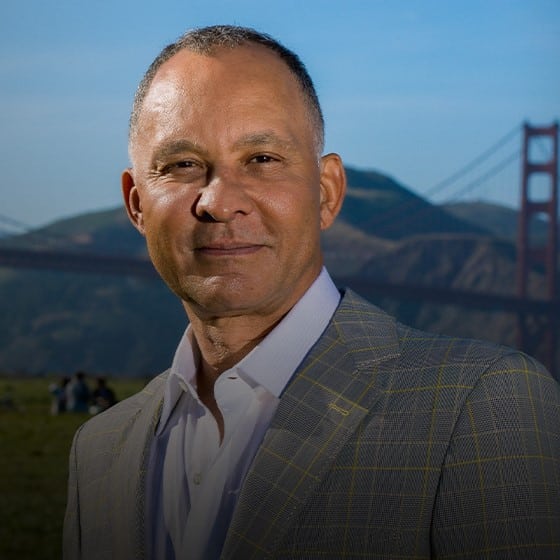Soy Milk Possible Cause of Gynecomastia, Enlarged Male Breasts

SOY OR NOT TO SOY, THAT IS THE QUESTION!
In an earlier blog we looked at lavender oil and the possibility of it causing moobs, due to many recent articles about soy milk as a possible culprit we have quoted a couple of articles for your consideration. But keep in mind, the best way for you to discover what your particular cause may be is to be evaluated by your doctor who may refer you to an endocrinologist. It is very possible that what might cause gynecomastia in one man may not cause it in another.
According to USMagazine.com in a November 3, 2009 article; Jeremy Piven is suggesting that drinking too much soy milk led to growth of male breasts. Apparently soy milk has a lot of estrogen and that can cause feminine characteristics to develop in males. It has been proven that soy foods lower sperm count in men.
The lesson to remember is that excess of anything is bad and that is what he was doing, drinking up to 12 cups of milk a day. You don’t have to give up your soy consumption in form of tofu or milk as long as you eat it in small amounts. In case you already have them, then moob surgery is an option.
Jeremy Piven blames his impressive man boobs not on age or a lack of exercise, but soy milk.
“I was the guy that dabbled in soya milk, but now I’ve found out soya milk has enough estrogen for me to grow breasts; I had to put the soya milk down. It was a very confusing time.”
Despite the fact that Jeremy drank almost four times the recommended daily allowance of soy and more than double the amounts used in clinical testing, there is no scientific basis to his claim. According to a nutritional expert from St. Catherine University in Minnesota a study was released on hormones in men and their relation to soy. “Usually, studies only go as high as 150 mg of isoflavones a day. And a reasonable intake would normally be about 100 mg a day, which are four full servings of soy. Soy has been studied extensively for 20 years,” she says, “and we haven’t found man boobs yet.”
Then there is an interesting article in Men’s Health addressing this issue, we have copied and pasted some of it for you below, for the full article go to: www.menshealth.com
Is This the Most Dangerous Food for Men?
Jim Thornton
The unassuming soybean has silently infiltrated the American diet as what might just be the perfect protein source: It’s cheap and vegetarian, and could even unclog our hearts. But there may be a hidden dark side to soy, one that has the power to undermine everything it means to be male
James Price’s breasts had been painful and swollen. It looked as if gum balls were implanted underneath each nipple. The slightest touch triggered throbs.
For Price, a retired U.S. Army intelligence officer who once flew attack helicopters in Vietnam, these changes were more than just physically uncomfortable. “Men aren’t supposed to have breasts,” he says today in a quiet Texas drawl. “It was like my body was feminizing.”
The first three doctors Price consulted diagnosed him with gynecomastia, or the abnormal enlargement of the mammary glands in men. Tests further revealed that estrogen levels in his bloodstream were eight times higher than the normal limits for men, higher even than the levels typically seen in healthy women. Price’s estrogen was so high, in fact, that the doctors were at a loss to explain it. One physician became so frustrated he eventually accused Price of secretly taking estrogen. “He thought I was a mental case,” says Price, still angry as he recalls the experience.
Dispirited and in pain, he decided to try one more doctor, this time a fellow military man. He made an appointment with Lieutenant Colonel Jack E. Lewi, M.D., chief of endocrinology at the San Antonio Military Medical Center. During that first meeting, neither doctor nor patient had any inkling of just how long and complex this medical mystery would prove to be. Dr. Lewi initially checked for “usual suspect” lifestyle factors known to trigger gynecomastia, from alcoholism to certain herbal ingredients, like tea-tree oils and lavender..
In the classes that Dr. Lewi teaches to medical students and residents, he has long offered this advice: If you’re not finding the right answers, you’re not asking the right questions. Though he’d asked Price about his lifestyle and habits innumerable times, he decided to go back once again, and this time to make his questions as specific as possible. “I said, ‘Let’s go over your diet, meal by meal, and you tell me every single thing you eat and drink.’ He said, ‘Sure, Dr. Lewi. I get up and usually have some cereal.’ I said, ‘Do you put anything on it?’ He said ‘Soy milk.’ ”
Price explained that he’d developed lactose intolerance in recent years and had switched to soy milk exclusively. It had, in fact, become one of his favorite drinks, a great thirst quencher in the Texas heat.
He asked Price how much soy milk, on average, he drank each day. “He told me, ‘Probably about 3 quarts,’ ” recalls Dr. Lewi about the moment that changed everything.
Of course, most medicines have side effects. And when you consume soy protein, you’re actually courting the Mr. Hyde side of two natural drugs: genistein and daidzein. Both act so similarly to estrogen that they’re known as phytoestrogens (plant-produced estrogens). Soybeans couldn’t care less about human sex characteristics—genistein and daidzein may have evolved to act as chemical defenses against fungi and grazing animals. (They aren’t very effective deterrents, apparently, since soy meal is widely used to feed livestock.) But when humans consume these compounds in high enough quantities, they may experience gender-bending nightmares like James Price’s. What’s more, studies of these phytoestrogens in leading peer-reviewed medical journals suggest that even lower doses—such as the amount in the 25-gram soy protein target cited by the FDA—have the potential to wreak hormonal havoc.
So again, it is important to be aware of your own specific diet and habits so that you can discuss them with your doctor/surgeon.
